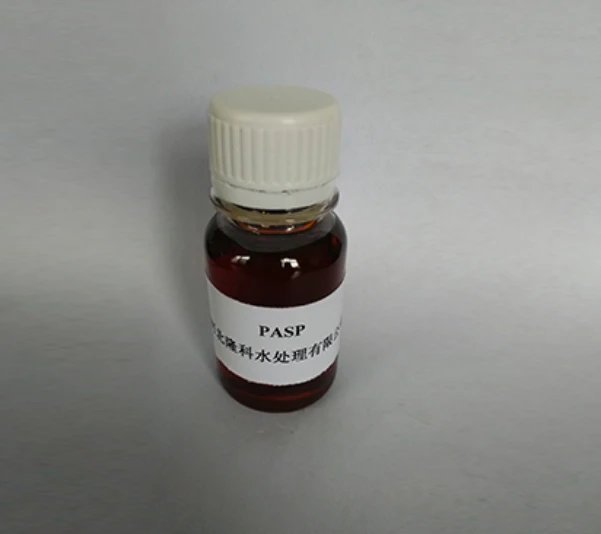Innovative Solutions for Water Treatment with Advanced Industrial Flocculants in Environmental Applications
The Role of Industrial Flocculants in Environmental Management
Flocculants are essential chemicals widely used in various industrial applications, particularly in wastewater treatment, mineral processing, and paper production. These substances facilitate the aggregation of fine particles into larger clusters, known as flocs, allowing for their easier separation and removal from water or other fluids. The use of industrial flocculants contributes significantly to environmental management by enhancing the efficiency of pollutant removal and enabling the recycling of water resources.
Understanding Flocculants
Flocculants come in two main categories natural and synthetic. Natural flocculants, derived from plant and animal sources, are generally biodegradable and environmentally friendly. Examples include starches, gelatin, and certain types of polysaccharides. Synthetic flocculants, on the other hand, are chemically manufactured and often more efficient in specific applications. Common synthetic flocculants include polyacrylamides, which can be tailored for different purposes based on their molecular weight and charge density.
Applications in Wastewater Treatment
In wastewater treatment facilities, flocculants play a crucial role in clarifying water by promoting the settling of suspended solids. During the treatment process, flocculants are added to the wastewater, where they attract and bind particles, forming larger aggregates. This process significantly enhances sedimentation rates in clarifiers, allowing treated water to be discharged safely back into the environment or reused in industrial processes.
The use of flocculants reduces the burden on filtration systems, extending their service life and lowering operational costs. Furthermore, efficient wastewater treatment minimizes the release of harmful contaminants into natural water bodies, thus protecting aquatic ecosystems and public health.
Enhancing Mineral Processing
industrial flocculant

In the mining industry, flocculants are vital for the separation of valuable minerals from gangue materials. The froth flotation process, commonly used in mineral processing, requires precise control over the particle size and concentration. Flocculants improve the recovery rates of fine particles by promoting their agglomeration, thereby making the separation process more efficient.
This not only leads to higher yields of precious minerals but also reduces the environmental impact associated with mining operations. By optimizing water usage and reducing waste generation, flocculants contribute to resource sustainability in the mining sector.
Impact on Paper Production
The paper manufacturing industry also benefits from the use of flocculants. During the pulp and paper production process, flocculants help in the retention of fibers and fillers, improving the overall quality of the paper. They enhance the drainage of pulp, which increases the efficiency of the process while minimizing the volume of water used. This is particularly important in an era where water scarcity is a growing concern.
Conclusion
The adoption of industrial flocculants presents numerous advantages for environmental management across multiple sectors. By improving the effectiveness of wastewater treatment, enhancing mineral recovery, and optimizing paper production, flocculants play a crucial role in promoting sustainable industrial practices. As the demand for cleaner water and more efficient resource management continues to rise, the role of flocculants will only become more critical in achieving these goals. Their application not only alleviates environmental burdens but also supports industries in meeting regulatory requirements and fostering a circular economy.
In summary, the multifaceted benefits of industrial flocculants underscore their importance as a key component in the quest for sustainable industrial practices. As industries continue to innovate and adopt greener methods, flocculants will remain at the forefront of environmental management solutions.
-
lk-319-special-scale-and-corrosion-inhibitor-for-steel-plants-advanced-solutions-for-industrial-water-systemsNewsAug.22,2025
-
flocculant-water-treatment-essential-chemical-solutions-for-purification-processesNewsAug.22,2025
-
isothiazolinones-versatile-microbial-control-agents-for-industrial-and-consumer-applicationsNewsAug.22,2025
-
scale-inhibitor-key-solutions-for-water-system-scale-preventionNewsAug.22,2025
-
organophosphonates-versatile-scale-inhibitors-for-industrial-water-systemsNewsAug.22,2025
-
scale-and-corrosion-inhibitor-essential-chemical-solutions-for-water-system-maintenanceNewsAug.22,2025





